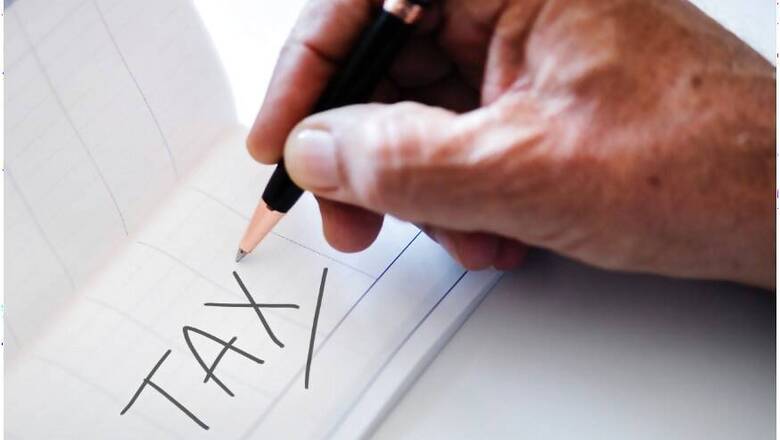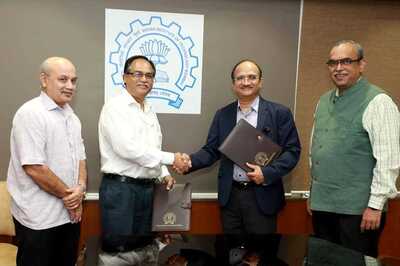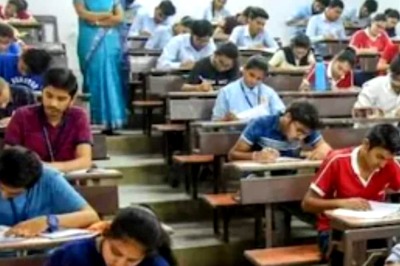
views
The Centre and states are looking to further tighten the GST registration process and legal measures to deal with the rising cases of fake invoicing. A meeting of the law committee of the GST Council has been convened on Wednesday to discuss these issues, finance ministry sources said.
The committee, comprising senior central and state tax officers, would also discuss the GST fake invoice frauds, further tightening of the GST registration process and work out other legal measures including necessary law amendment required in the GST Act to curb the menace of fake invoicing, they added.
Also the provisions related to deemed registration under Goods and Services Tax (GST) law may be tightened to prevent the misuse of such provisions by fake dealers and the provisions related to suspension of registration may also be streamlined to make the procedure of suspension and cancellation of registration more efficient and faster, so that such fraud operators can be prevented in time from continuing to pass on fake credit down the chain.
“It is also learnt that data analytics techniques will be used to identify such taxpayers, who are suspected to be indulging in fraudulent activities and a coordinated action is likely to be taken against such elements by suspending their registration, followed by detailed physical and financial verification by field officers to check genuineness of their operations, before they are allowed to reuse their registration,” a source said. The Directorate General of GST Intelligence (DGGI), the investigation unit under GST, has arrested 30 unscrupulous persons dealing with fake invoice and identified 1,282 entities and booked 393 cases so far.
Goods and services involved were waste and scrap of metals (ferrous metals as well as non-ferrous metals), articles of iron and steel, copper wire, plastic granules, milk products (butter and ghee), electronic goods, leather, textiles, chemicals, software, waste paper, cement, TMT bar, tobacco products, construction services, works contract services, manpower supply services, advertisement and animation services, other employment and labour supply services etc.
The law committee would also consider the impact of the issuances of fake invoices and strict actions/measures required under the GST law to curb these activities and deliberate on measures that are required to plug loopholes in the law which are being exploited by the unscrupulous elements to defraud the exchequer.
Sources said that businesses, whose owners or promoters do not have commensurate financial track record, like filing of income tax returns and payment of income tax to the government, may require detailed physical and financial verification by tax officers, before their companies can be considered for GST registration.
“The Finance Ministry is in the process of plugging these gaps in the GST registration process to ensure that only genuine businesses get a GST registration and those, who have intent to defraud the system, are purged out at the registration stage itself,” one of the sources said.
Read all the Latest News, Breaking News and Coronavirus News here




















Comments
0 comment